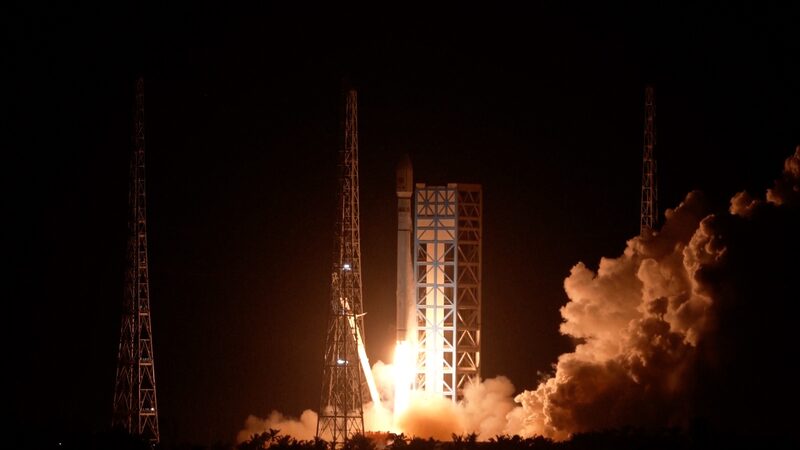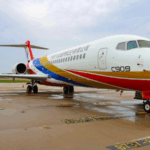The World Economic Forum's 2025 Davos meeting is putting futuristic growth models under the spotlight – and the low-altitude economy is stealing the show! 🚀 From drones delivering groceries to air taxis zipping through city skies, this sector could reshape how we live, work, and play.
Imagine: package deliveries via autonomous aircraft 🛩️, emergency medical supply drops in remote areas 🏥, and even VIP transport via vertiports instead of highways. China's mainland is already testing over 1,200 low-altitude routes, while startups worldwide are racing to launch commercial services by 2026.
\"This isn't sci-fi anymore,\" says tech analyst Raj Patel. \"We're talking about a $500 billion market by 2030 that could create jobs in AI, green energy, and urban planning.\" 🌆🔋
Key drivers fueling this ascent:
- 📡 5G networks enabling real-time flight coordination
- 🔋 Longer-lasting batteries for electric aircraft
- 🌱 Pressure for eco-friendly transport alternatives
While regulatory hurdles remain, Davos delegates are buzzing about how to safely integrate these technologies. One thing's clear: the sky's no longer the limit for economic innovation! ✨
Reference(s):
cgtn.com





